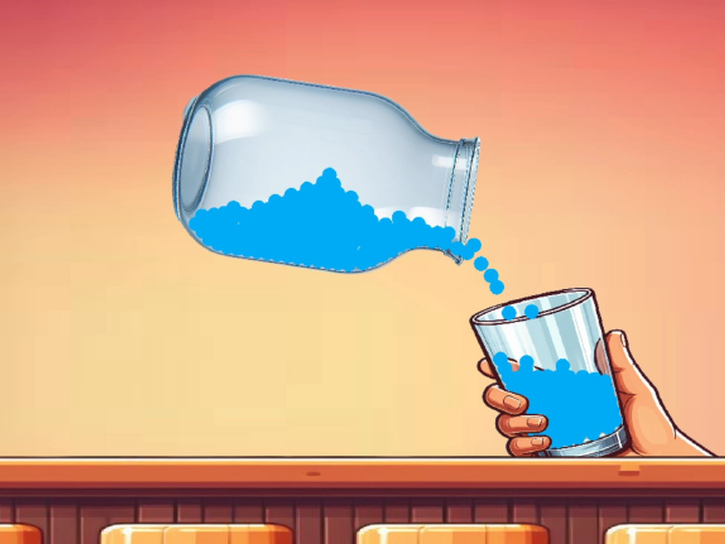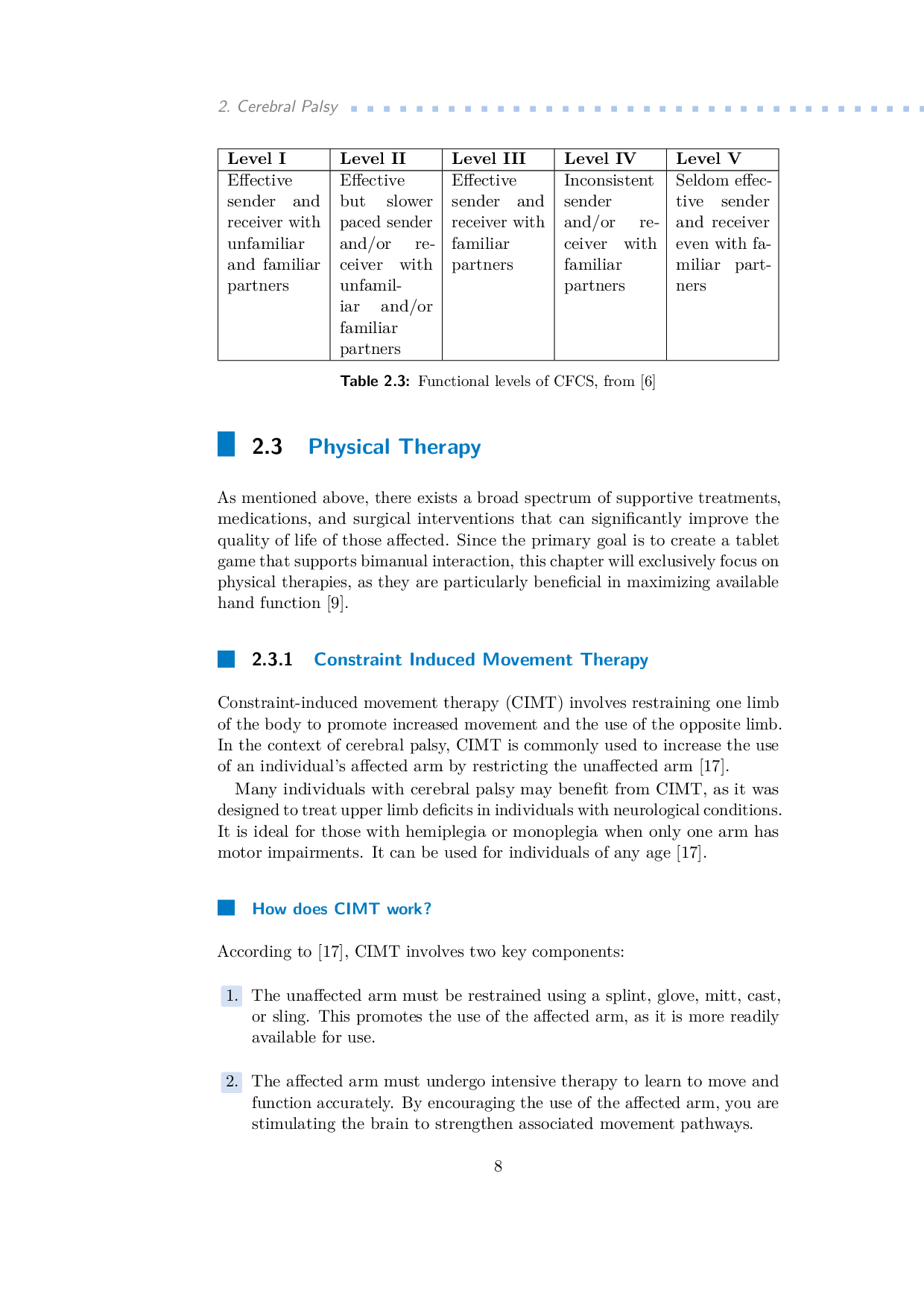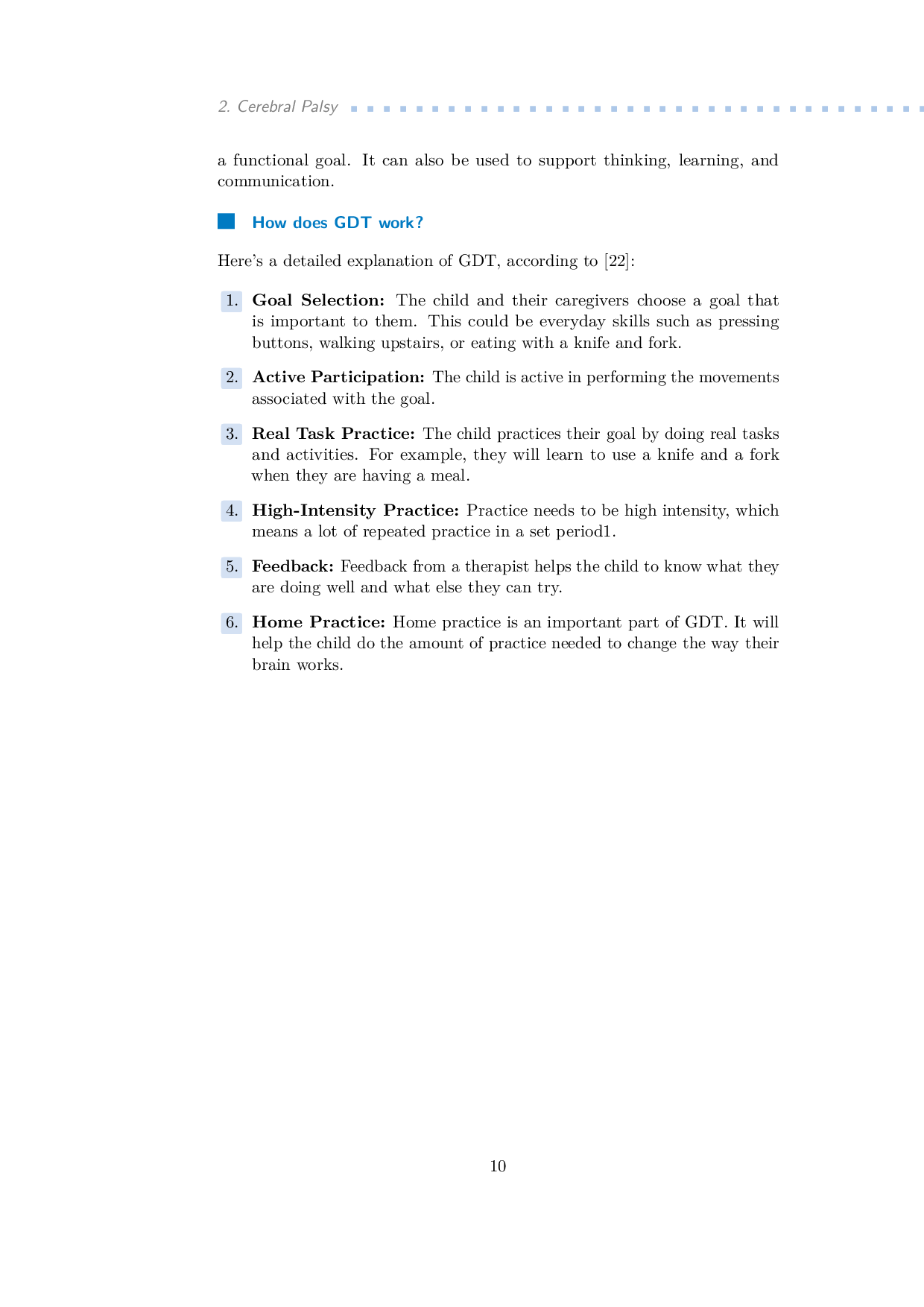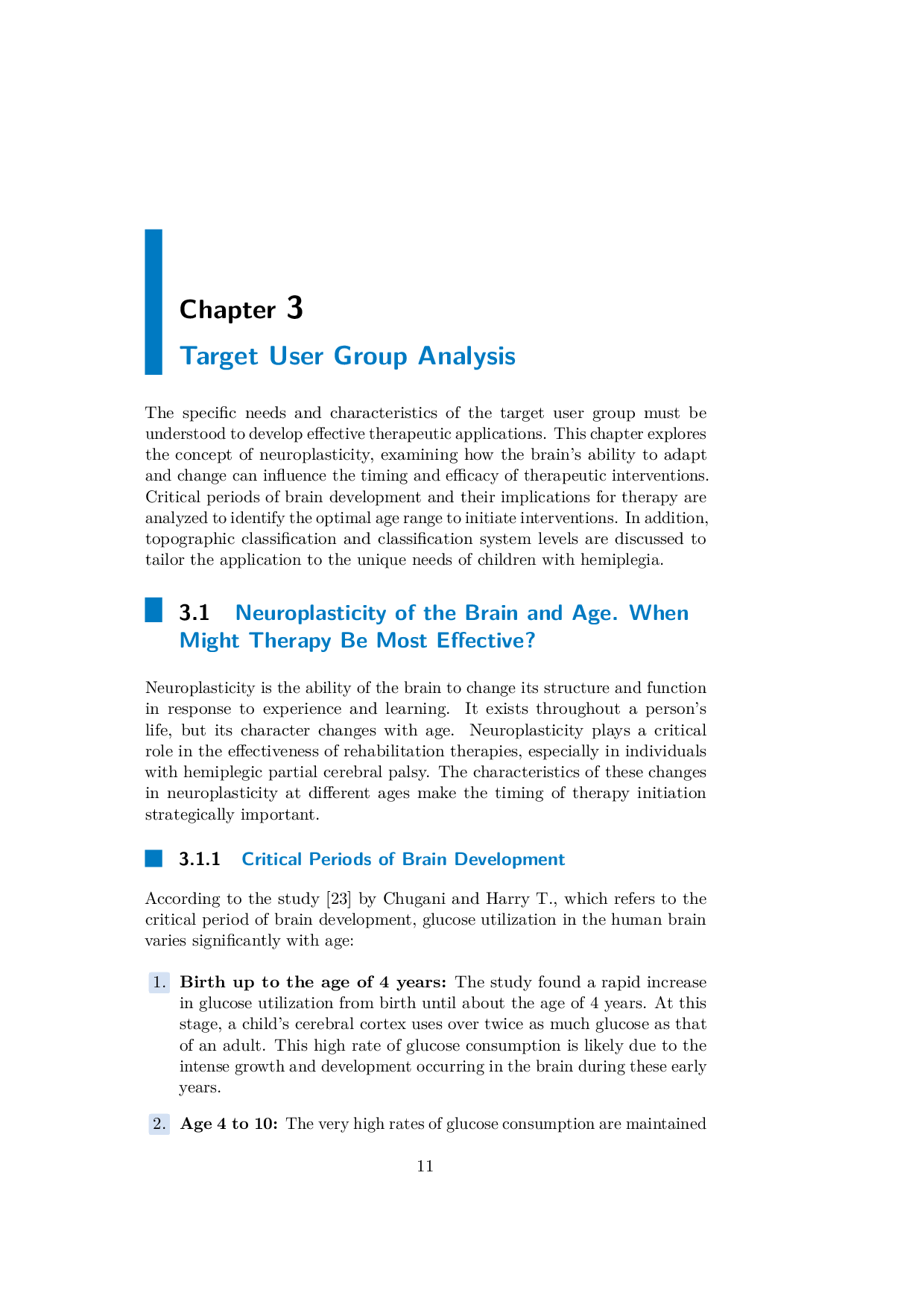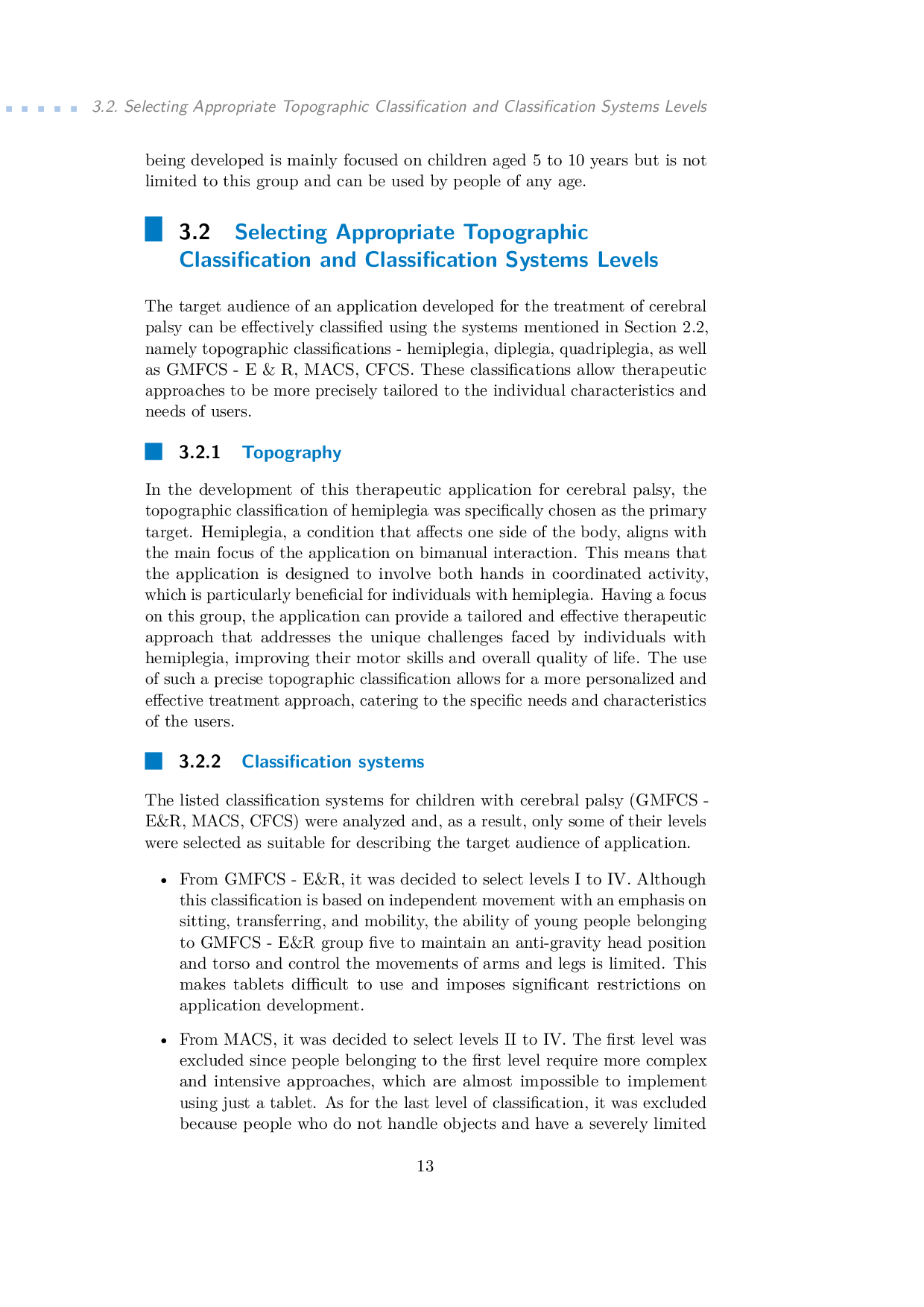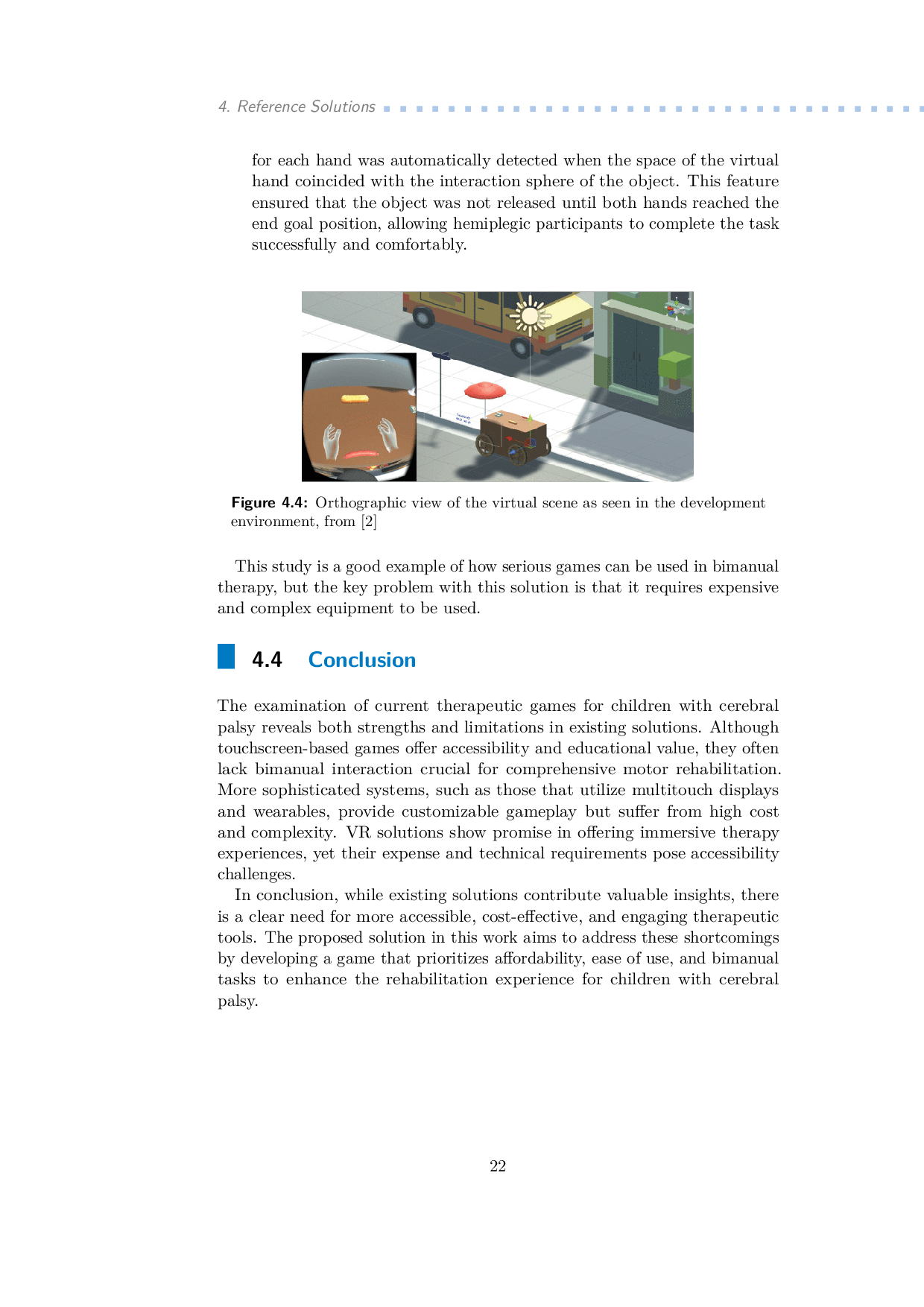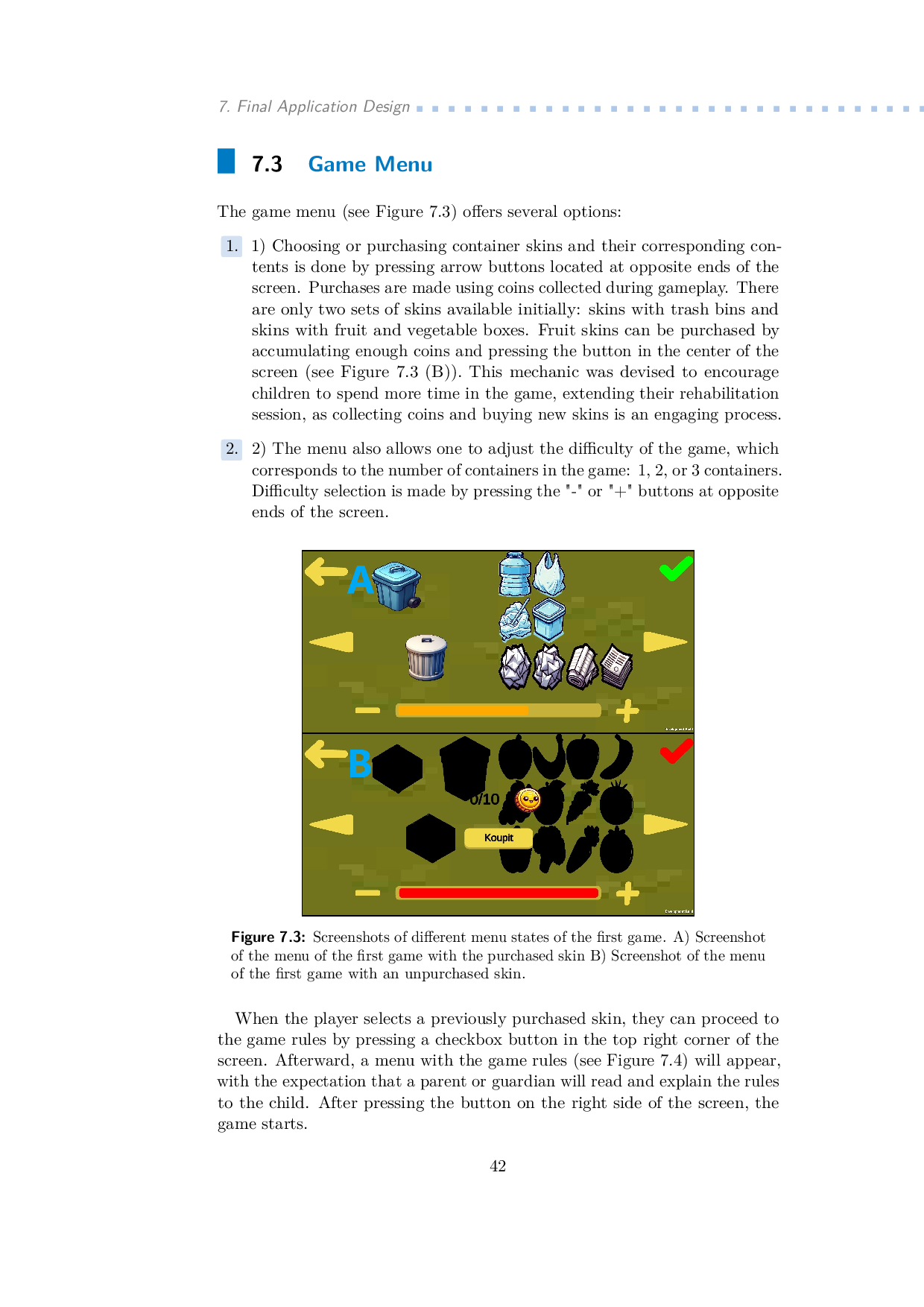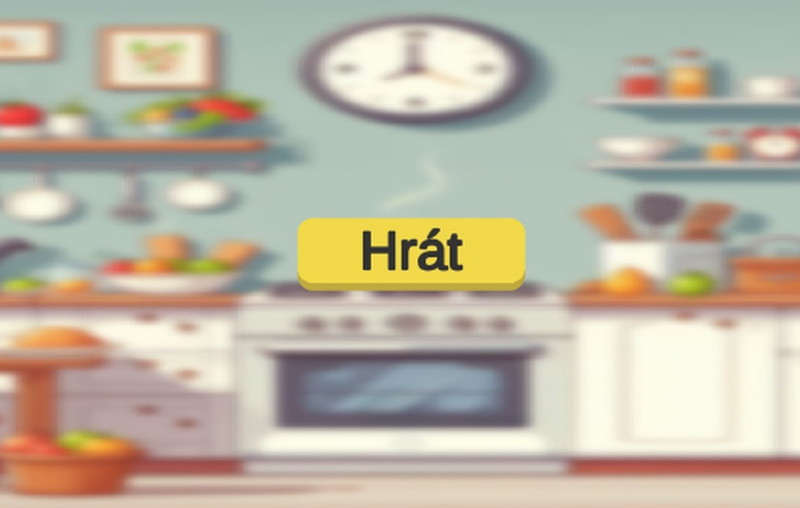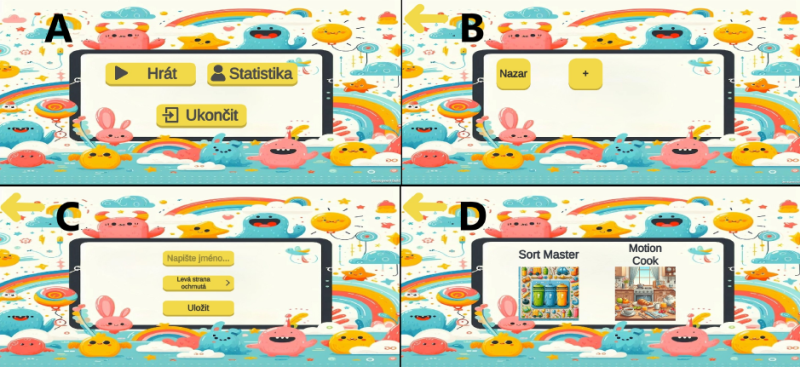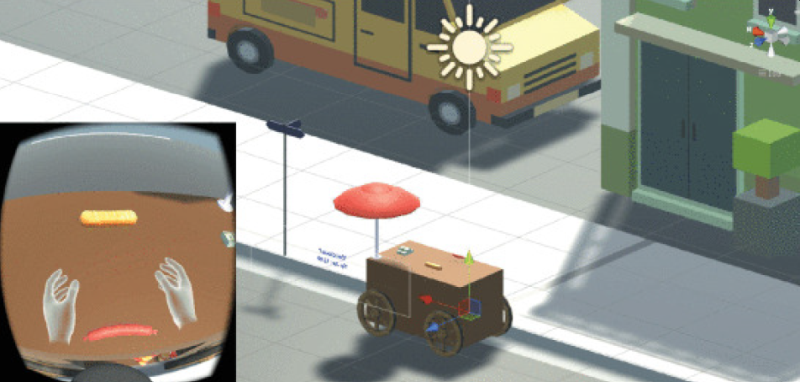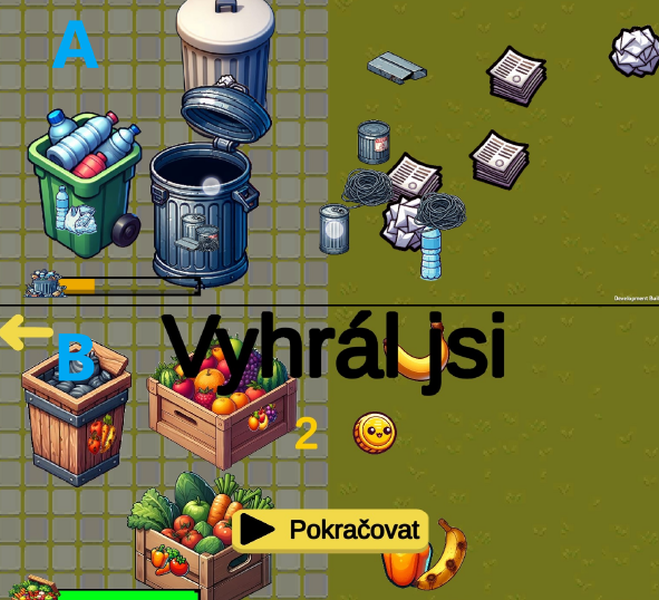Therapy of individuals with hemiplegic partial cerebral palsy using interactive games
This thesis explores the development of an interactive application with games for the rehabilitation of individuals with hemiplegic partial cerebral palsy, focusing on children aged 5 to 10 years. Rehabilitation aims to maximize the functionality of the affected limbs, and serious games present an innovative approach to achieving this goal. Traditional solutions often pose challenges such as high costs, complex setups, and usability issues for young children. This study proposes the use of bi-manual interaction games on off-the-shelf tablets to enhance the accessibility and effectiveness of rehabilitation. A comprehensive analysis of the current literature and existing rehabilitation technologies was conducted, revealing the gaps that this project seeks to address. The study involved defining the specific needs and preferences of the target user group, followed by the development and implementation of prototypes. The usability of the final prototype was evaluated with children, ensuring that the application is engaging, intuitive, and beneficial to improve motor skills.
